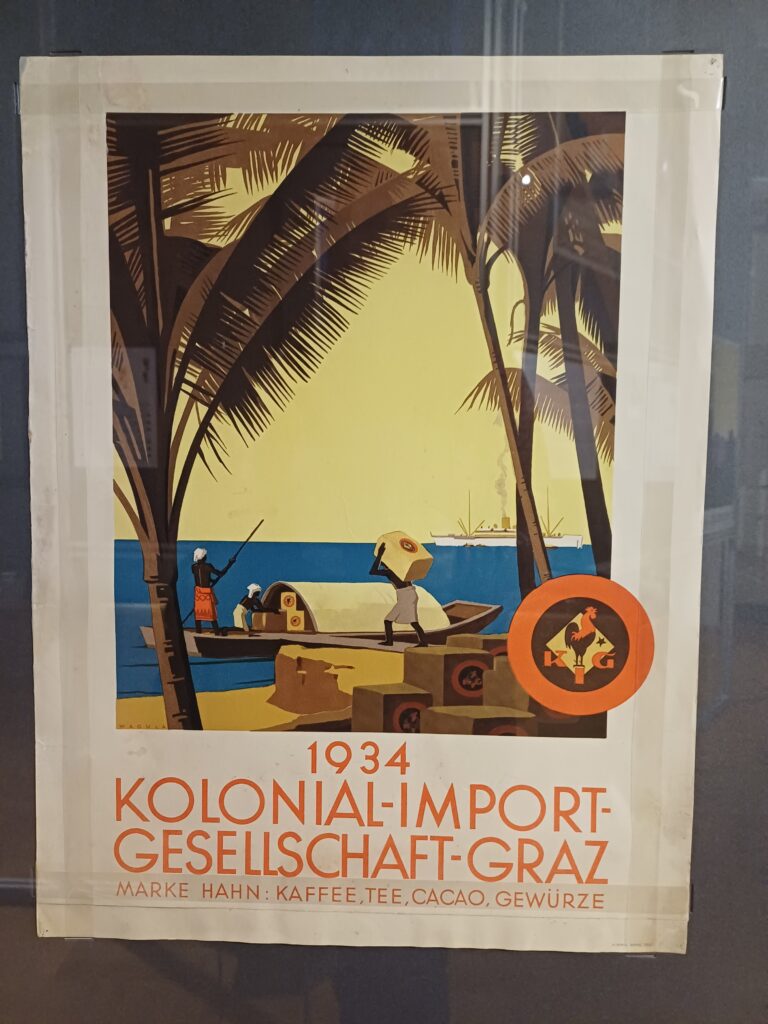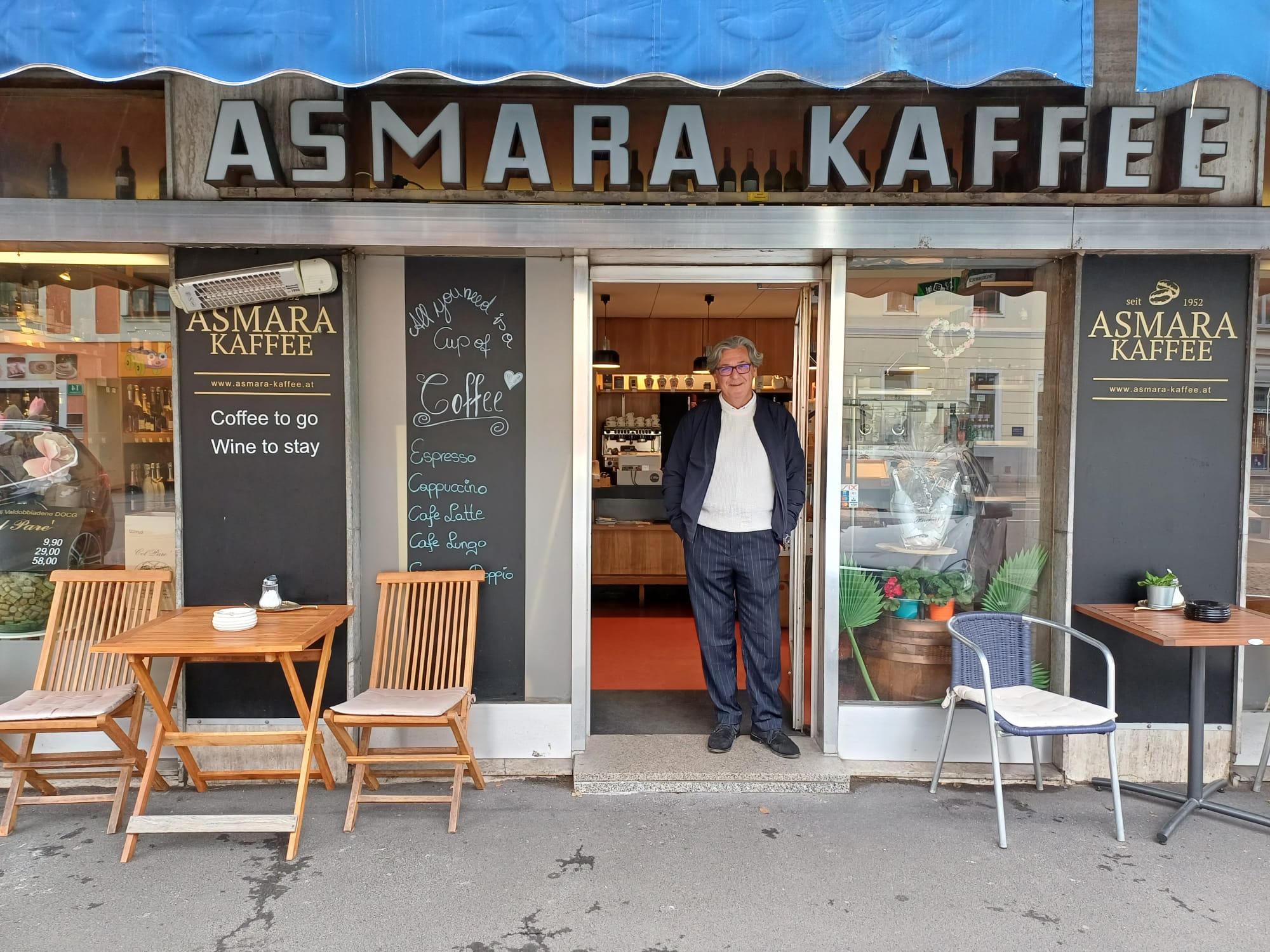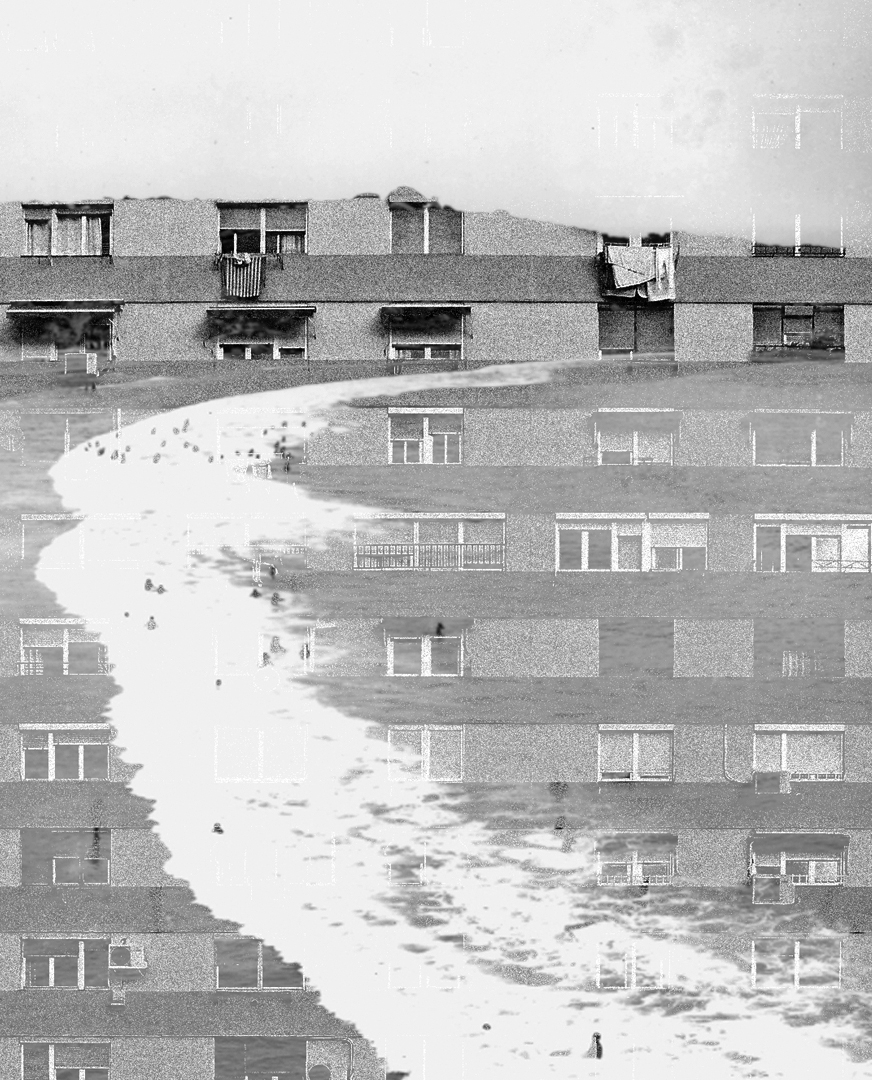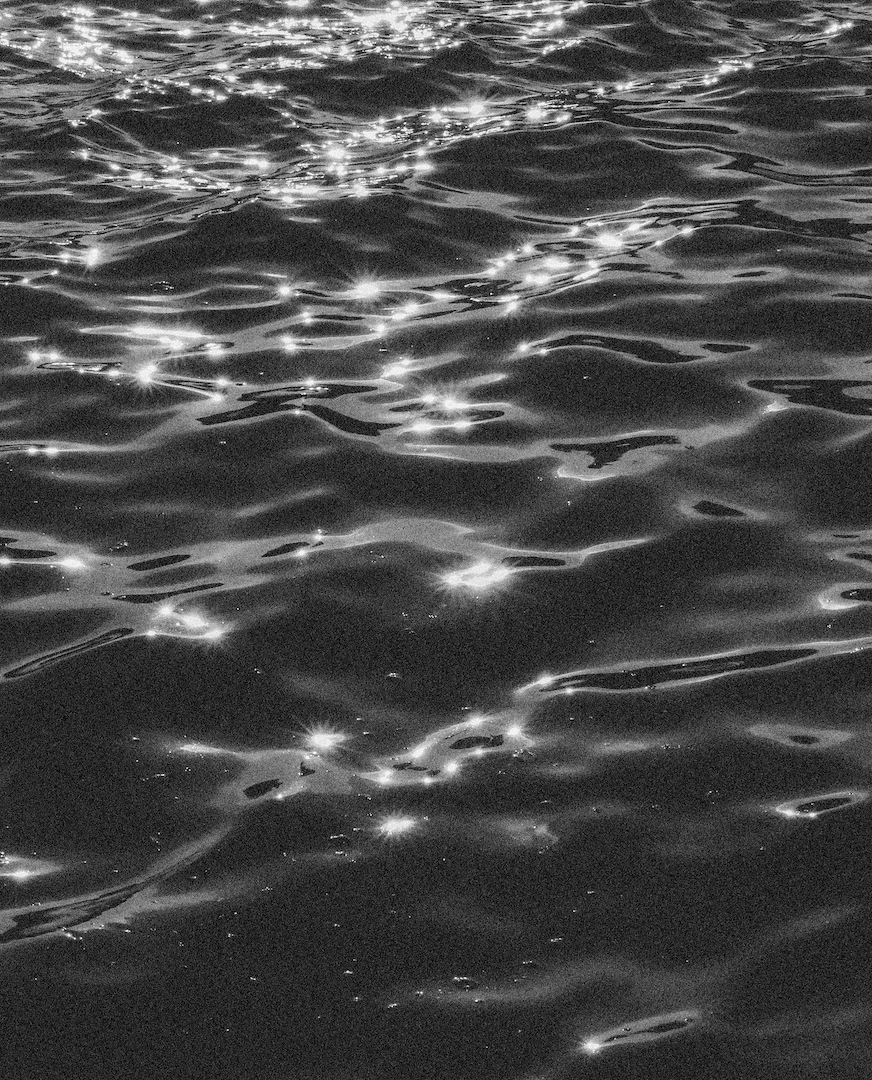Blog
SECONDARY RESIDENCE GRAZ TAG#6
too rainy, too cold and too gray for mid-May.
Well, these are the Ice Saints announcing that better days are about to come and the planting season will be soon fully open.
We-3 are tired and sensing a big pressure. The last tasks of this (im)possible mission are not easy: to come up with a statement and a collectively conceived, participatory artistic proposal: to be implemented in the neighbourhood / not later than mid-august / in the public space. The topic was given by the local focus group: ALLER LAND. Whose Land? This is what we had to somehow search for.
Daniela writing. Nothing is coincidence.
After a week of meeting people, visiting business, initiatives and associations, some we knew already, some we got to know more and came closer by, ideas flashed, inputs after so may outputs, the mind was blown and today my body chose a quiet position.
This morning I decided to observe the streets from the window: taking a moment to watch the city life and the rain, drinking a coffee, re-organising the impressions. A place like Gries, where life bursts in different paces and small business bring in stories from all over. I started to re-draw connections, interconnections and the pathways that brought us-3 here; that brought all the people here. The trade routes. Workers and goods that moved – fleeing and migration; workers and goods that keep moving and being moved.
I scroll my mobile phone for photos and for maps. I search for the Antepia Baklava’s page in instagram. Suddenly, a post from a friend reminds me that today is the 13th of May, the day slavery was abolished in Brazil in 1888 – a shame it was the last country in the “West” to do so. I recall the colonial history of the country I was born, and the relation of Austria to it. I think not only of Leopoldine von Habsburg, but Austria’s direct implications in the Atlantic Slave Trade. You cannot avoid to feel the intrinsic pain of the plantations, coffee plantations. I mourn the Black Atlantic and stay in silence. I look again out of the window. I drink my Italian espresso in a Libanese shop. Across the road I see the Aka Chuwu Afroshop.
The best coffee I had this week was at Asmara; Josef tells me Minas is the sort. Josef is the nice, kind and well-versed owner, with whom we chatted for hours the other day. The word Minas, refers to a place, a federal state called Minas Gerais (General mines, or where gold and various metals were, and still are extracted from). It brings me memories of my childhood: colonial houses from old coffee farms, the smell of the red soil after the rain. Casa-Grande e Senzala, Gylberto Freire, drawings from Debret and the French expedition. Natterer’s expeditions financed by Metternich. Words from Grada Kilomba in “Plantations memory”; words from Maya Angelou. Black kids still being shot in the streets of Rio.
My visceral (yet-contained) engagement for ecological and social justice comes back to my belly.
It burns.
Asmara Kaffee, “Coffee to go, wine to stay“.
Asmara is an “exceptionally well-preserved example of a colonial planned city with beautiful Italian buildings” I found in the internet, the capital city of Eritrea occupied by Italy in 1889. Asmara Kaffee in Graz was founded in 1952.
Asmara sells only Brazilian Coffee, roasted in the shop, as well as the Italian Bira Moretti (that as most of the other biers, already belongs to the 2nd biggest bier corporation worldwide, Heineken).
Sandra brought some yogurt for our breakfast at the Ungergasse. It is from a pink-blue brand with a Turkish name we don’t know the meaning. We hid all other brands in our table for the film shooting, but not this one. We commented our wish of not making advertisement for any corporation, and talked about our consumer habits. We found out a commonality: we do not buy any product from Nestlé (unless it is hidden). Sandra googles the Turkish brand of our Yogurt, to find out if Nestlé is co-owner. Well, that is the case…. Pech gehabt.
Which networks of power, expropriations, exploitations, explorations are we trapped in? Who owns the land? Who rapes it?
How can we build environments that enable more regenerative relations to flourish, how can we take care of and support each other with respect and dignity? Which are all the reparations to be done?
I very recently visited a poster exhibition in the Stadtmuseum at the Sackgasse. I found curious, problematic, and some racist historical posters, especially the ones about coffee and its ethinicized trademarks. So let me finish tonight with this one.




